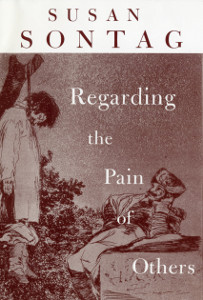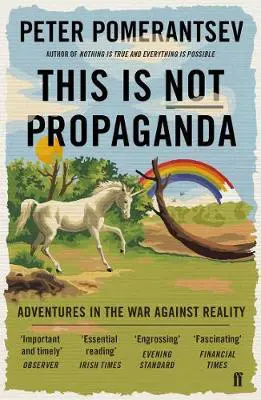Ukraine and War Documentation in a Social Media Age
With the Russian invasion of Ukraine exploding on our phones and TV screens, dominating our conversations and daily thought perhaps like never before, the nature of modern mass war documentation is reaching a new and absurd level. The frontline is before us, on our screens, in our hands. It is an absurdity that has become a normality. And this black mirror reality is all complicated by the inherent level of misinformation and mistrust that accompanies most of what we see these days.
Reflecting on social media, journalism, literature and war documentation in general, I found myself pondering its nature, ethics and responsibility. What does it mean to organise resistance on Facebook groups? To see people dying on TikTok? To become voyeurs to war crimes and human suffering? Susan Sontag writes in her insightful and interrogative book, Regarding the Pain of Others, that “photographs objectify: they turn an event or a person into something that can be possessed.” It is an uncomfortable sentiment, but one we should consider, as constant ‘possessors’ of the media we are fed.
 Susan Sontag, Regarding the Pain of Others
Susan Sontag, Regarding the Pain of Others
Reading some highly insightful pieces of writing by Ukrainian war reporter Peter Pomerantsev on Granta this week, I was struck by his comment that social media ‘seems to squeeze, flatten and loop time in its feed. Compare it to newspapers, that appeared daily with the date at the top, then are thrown away and replaced with new ones, all part of an ordered time, and part, too, of a sense that history is going somewhere. That’s gone.’ Where are we when we are engaging with war footage in the virtual world? Do we displace ourselves from time, place and reality when we are on our screens? We are at once so close to suffering, yet totally disjointed from it.
In another piece reporting on Ukraine’s Donbas region in 2016, Pomerantsev writes that ‘every time you post or tweet, or just repost or retweet, you become a little propaganda machine. In this new information flux, everyone has to find their own boundaries.’ Does this mean we are inherently involved in the war and resistance by our online engagements with it? Or does our constant scrolling make us apathetic and cut off from it?
 Peter Pomerantsev, This is Not Propaganda
Peter Pomerantsev, This is Not Propaganda
I’m aware I’m asking a lot of questions and not providing many answers to the modern reality we find ourselves in. It is philosophical territory we are entering and doesn't naturally lend itself to answers. As we will inevitably find ourselves continually confronted with war footage and journalism in the coming weeks and months, it is important that we critically engage with what we are seeing. That we question the spaces we enter to engage with such footage. Of course, to focus too heavily on this would be to take away from the situation at hand. It is about finding a balance and establishing boundaries.
Post a comment